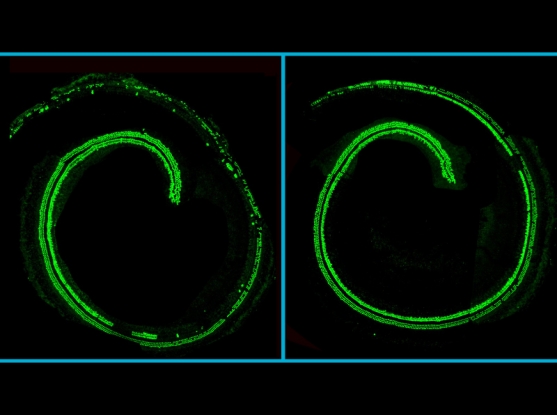Gene APOE4 causes Alzheimers disease in humans and a fix has been created
Researchers have found differences in how Alzheimers disease originates and develops in mice and humans. They determined which gene causes Alzheimers in humans and have developed a fix for it. Dementia and Alzheimer’s disease aren’t the same. Dementia is an overall term used to describe symptoms that impact memory, performance of daily activities, and communication …











